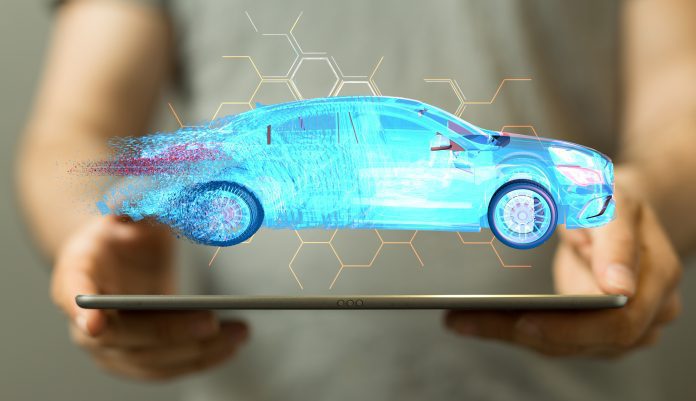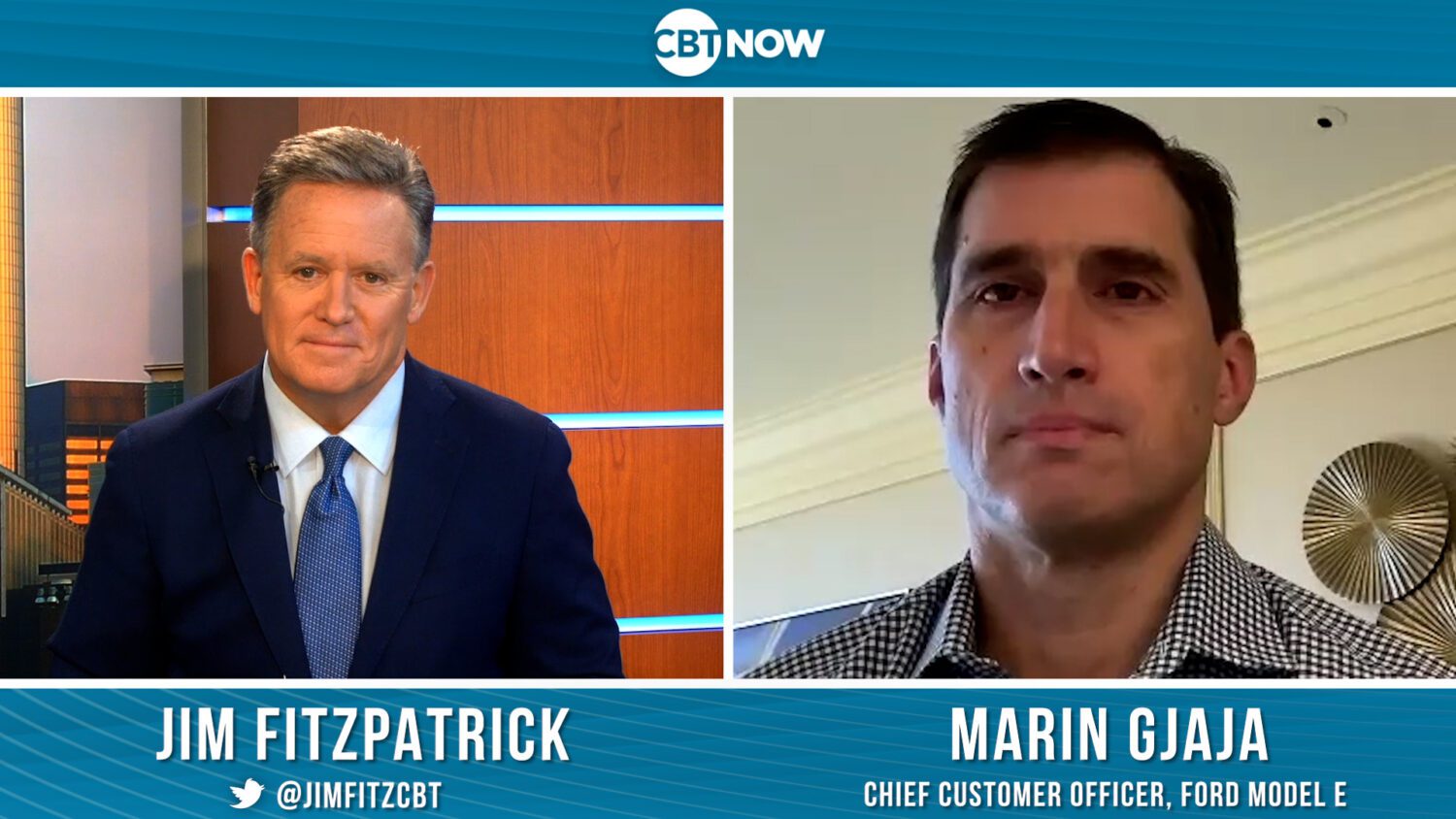As the wind of change sweeps through the automotive industry, OEMs have found themselves caught in a whirlwind romance with direct sales models. The long-standing dance between manufacturers and franchise dealerships has been the foundation of the industry for decades.
However, this carefully choreographed relationship is being upended as an increasing number of manufacturers, encouraged by the sales experience brought on by the COVID pandemic, explore direct-to-consumer sales options.
The Coming Automotive Industry Civil War
In recent years, our beloved auto giants, including Ford, General Motors, and Toyota, have all toyed with the idea of direct sales in the U.S. market.
However, the Tesla effect has created a ripple, leading more manufacturers to question the traditional franchise model. And the newcomers, like Rivian and Lucid Motors, have taken notes from Tesla’s playbook, embracing direct sales from the get-go to minimal success. Remembering to produce vehicles to satisfy those online orders is a critical component, of course.
But this shift begs the question: What does the dealership agency model mean for the traditional franchise network? In case you need a refresher, the agency model “allows” dealers to become agents of the manufacturer rather than independent business owners.
Under this model, dealerships handle customer service, delivery, and maintenance, while OEMs set the vehicle prices and sell directly to the consumers. As a result, price negotiations and inventory management are eliminated from the dealership’s responsibilities. And so is the ability to negotiate prices and, more importantly, get income from the new subscription services.
The implications of the agency model are profound. In one swoop, it could consolidate the fragmented retail landscape and streamline the consumer experience. The end of price negotiations could lead to more transparent and consistent pricing, fostering increased consumer trust. Additionally, dealerships can focus on customer satisfaction and after-sales service without the burden of inventory management.
Is the Agency Model Well Accepted?
Well, let’s say the agency model is not without its critics. Dealerships have responded to this paradigm shift with varying degrees of enthusiasm. Some see it as an existential threat to the established order, while others view it as an opportunity to thrive in a rapidly changing environment.
Dealers are responding to this upheaval in several ways. First, the forward-thinking among them are investing in their digital presence, creating seamless online purchasing experiences to complement their physical showrooms.
They are also doubling down on customer service, recognizing that the dealership’s true value lies in forging lasting relationships with customers in a world where the manufacturer dictates the price.
Dealerships are also adapting their business models, exploring alternative revenue streams to compensate for potential losses resulting from the agency model. They are expanding their service departments, focusing on maintenance, and even adding car-sharing and subscription services to their offerings.
Will Dealers Improvise, Adapt, and Overcome?
The transition to the agency model is far from complete, and numerous legal and logistical hurdles still need to be completed. For example, in many states, franchise laws still dictate the terms of engagement between OEMs and dealers, and these will need to be addressed before the direct sales model can truly flourish.
Much like a seasoned dancer, the entire industry must adapt to new rhythms and steps of the buying public as it moves forward. The burgeoning romance between OEMs and direct sales presents challenges and opportunities, potentially redefining the dealership experience for the 21st-century consumer. It is now up to the industry’s players to embrace change and position themselves for success or failure in this brave new world.







